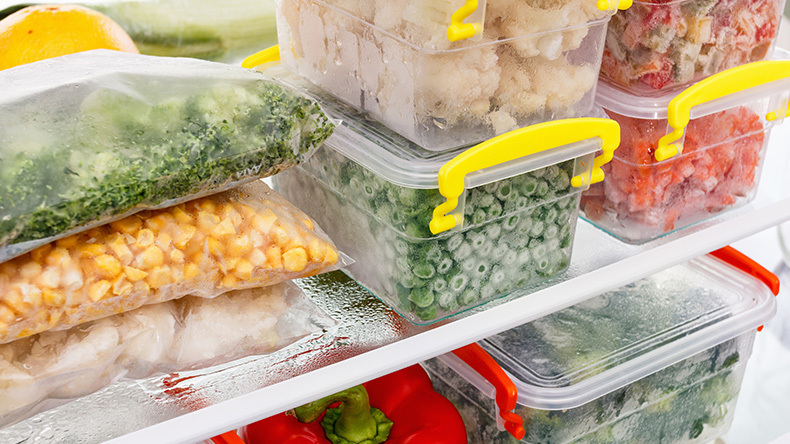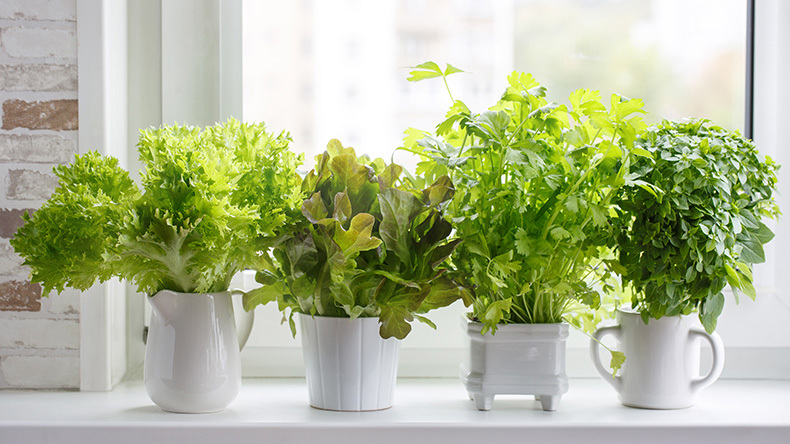1. Loyalty Cards
Regularly using supermarket loyalty cards can help with saving money on your food shops. Most well known supermarkets such as Sainsburys, Tesco and Waitrose have cards that you can scan with every shop, adding points to your balance. Some loyalty cards such as Nectar cards can be used at Esso fuel garages and Argos, which will boost your balance even further. Tesco and Sainsburys regularly have discounted prices for loyalty card members, so these are a great way to reduce costs for free!
2. Check Local Food Banks
Many towns have local community fridges that offer free and low-cost food available to the general public. These larders offer up surplus food leftover from supermarkets and local amenities with the aim to reduce food waste and help the local community. Usually, the food is available to anyone who wants it completely for free, so this is a great way to grab high quality essential items including tins, fresh fruit and vegetables for a small fee. There are plenty of resources online to help you check where your local community fridges are.
3. 2Good2Go App
This app allows you to purchase unsold food from top local eateries at the end of every day, to prevent it from being thrown out. There is usually a small fee to pay to ensure you'll bag some goods at the end of the working day, but this is a margin of the price you'd be paying normally. Polly Shearer, kitchen expert here at Tap Warehouse explains:
“2Good2Go is a great way to access free and low-cost food from your local food outlets. You may be able to bag some sandwiches, pastries or fresh produce, so it’s worth checking every morning and evening to see what you could get!”
4. Buy Frozen Produce
In many cases, frozen foods such as vegetables, fish and pizzas are cheaper than chilled items. Frozen foods have a much longer shelf life so are guaranteed to last without the worry that they’ll go off before you have a chance to use them. Many fish and meat products are actually more fresh when you buy from frozen, as chilled fish has usually been previously frozen and then thawed. Charity WRAP suggests that the average household wastes around £700 of food every year, which we think could dramatically be reduced by making better use of your freezer.

5. Hit the Reduced Sections
Heading to the reduced sections in supermarkets can set you up for some great deals to help feed the family for less.
Polly Shearer continues, “6pm onwards is usually a good time to try your luck with reduced items in supermarkets. Even if the food you choose expires that day or the following day, you can freeze produce such as meat and ready meals then have them to hand whenever needed.”
6. Food Subscription Boxes
To get discounted food, subscription boxes such as Hello Fresh and Gousto often have great deals for new customers. For example, Hello Fresh offers new customers 60% off their first order and £20 off a first box if they’ve been referred by a friend, so it's worth reaching out to people you know who have ordered a box before. You can cancel these plans any time, so you won’t be charged for anything you don't sign up for.
7. Student, NHS or Blue Light Discount
For discounted food, try using your student, NHS or blue light card as you’d be surprised where they may be accepted! Supermarkets that offer these discounts include Co-op (who offer a 10% student and NHS discount) and Morrisons (who offer a ‘More for Students’ discount scheme).
8. Recipe Generator Websites
Apps and websites such as supercook.com provide great recipe inspiration which is based on the ingredients you already have at home. Simply add each ingredient you currently have into the tool and it will generate a list of recipes that can be made with your existing items. This is a great tool when you’re lacking some culinary inspiration and want to cut food waste.
9. Grow Your Own Vegetables
Another way to save money on food is to grow your own fruit and veg. If you’re lucky enough to have a garden or allotment, you will have plenty more options to grow vegetables such as lettuce, courgettes, tomatoes and potatoes. If you’re lacking outside space, you can use window sills to grow produce such as herbs and chillies, which are perfectly suited to indoor growing conditions.

10. Plan Your Meals and Buy in Bulk
Budgeting your food shops will ensure that you have enough money to spread out for the month. Buying meat in larger cuts, such as whole chickens, will go further than buying in smaller packets and it's always worth checking your local butchers as they often have great deals.
Store cupboard goods such as pasta, rice and tins are usually cheaper when bought in multi-packs rather than individual items, so keep this in mind and check the price per 100g on the supermarket shelves.
With these useful tips, you should be able to save a substantial amount of your income on food, leaving you with more money to stretch for the rest of the month. To save on your energy bills, take a look at our article exploring some useful tips for how to cut costs.








